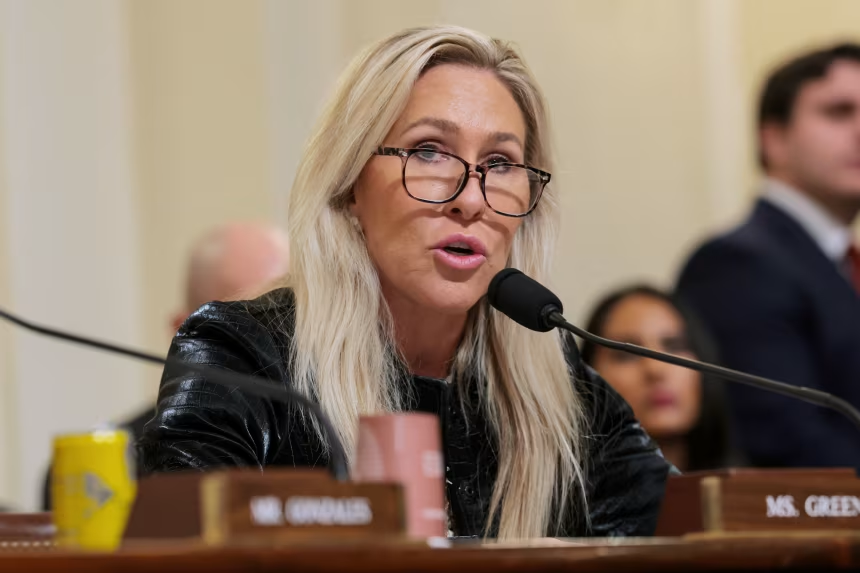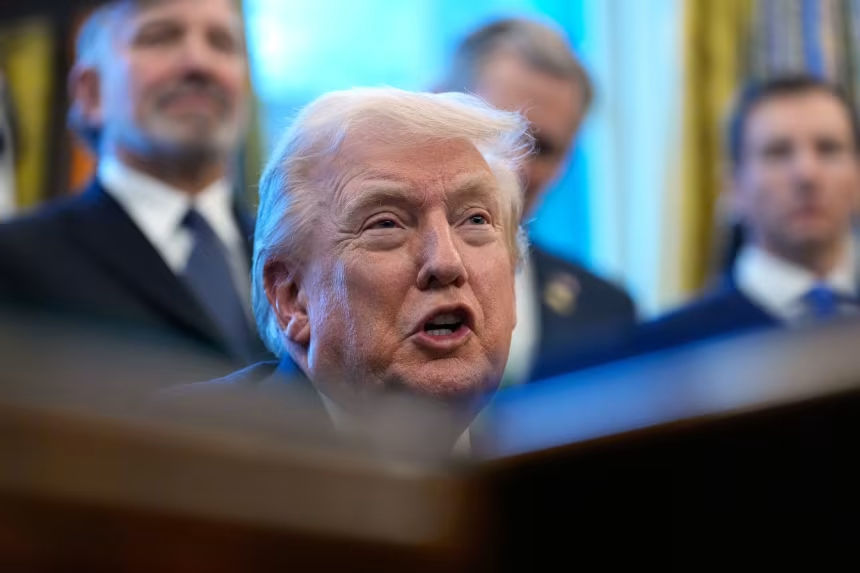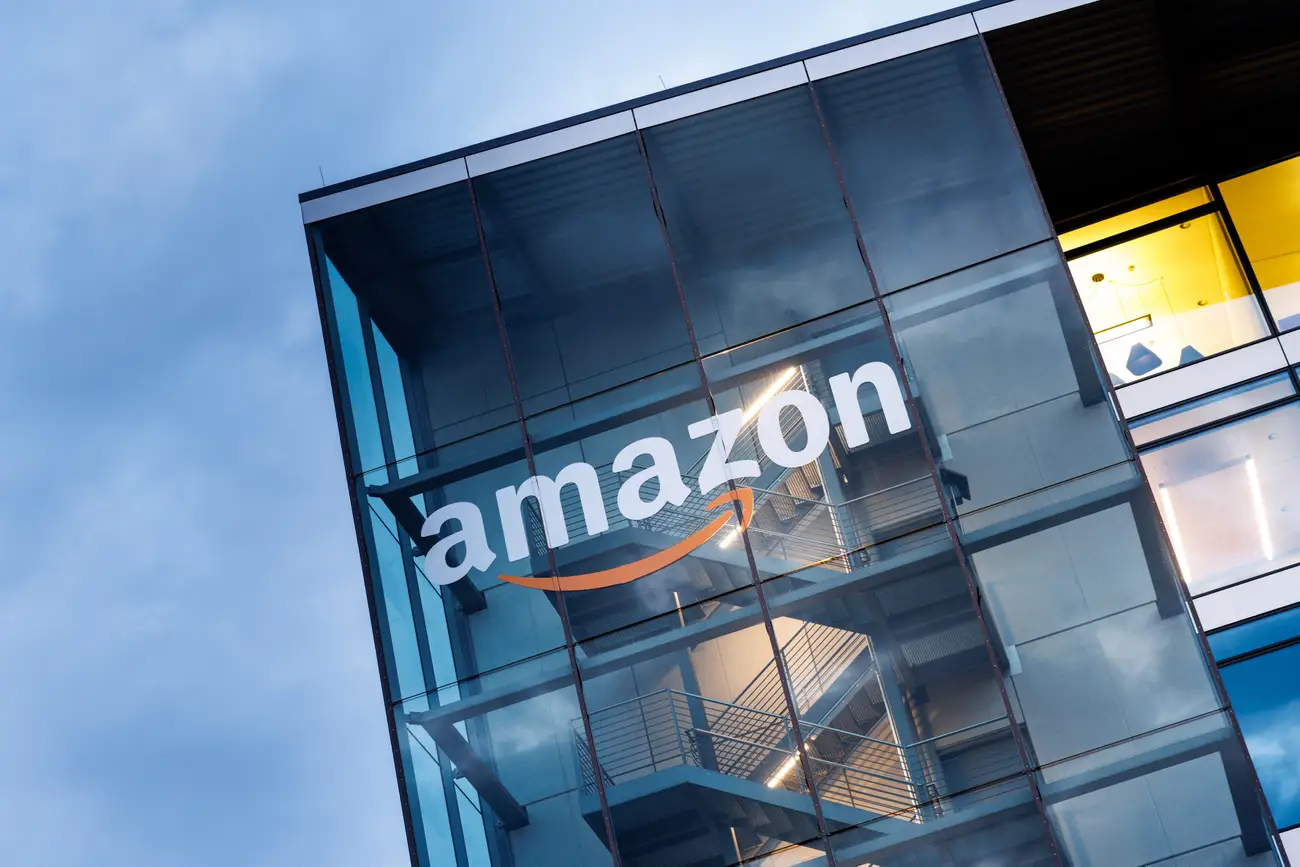Bloomberg, Reuters, the Guardian, and the Financial Times contributed to this report.
After weeks of alarm over a China–Netherlands standoff, some Nexperia chip shipments are finally moving again — a small but welcome relief for carmakers.
Auto supplier Aumovio said Friday it’s secured a Chinese export exemption and has started receiving Nexperia parts. Honda also reported that shipments in China have resumed, with plans to ramp production at affected plants as soon as late next week.
Germany — home to Europe’s biggest auto industry — called the fresh movement a sign of “de-escalation,” saying it expects short-term permits to reach more suppliers soon. Berlin has been pressing for quick fixes to avoid furloughs and further assembly-line hiccups.
How we got here
The dispute: The Netherlands seized oversight of Nexperia (Dutch-based, Chinese-owned by Wingtech) amid security and governance concerns, prompting Beijing to halt exports of the company’s China-processed chips — the basic components that keep modern cars humming.
The pressure: With inventories thinning, suppliers like Aumovio and ZF scrambled for exemptions and drew up contingency plans, while carmakers warned of looming shortages.
The turn: China’s commerce ministry began granting case-by-case export waivers, and officials in the Netherlands signaled talks were constructive.
What’s actually moving
Aumovio: Exemption in hand; chips shipping again.
Honda: Says flows in China have restarted; targeting production restarts at impacted sites late next week.
Nexperia: Hasn’t confirmed a broad restart but says it expects flows to resume soon given Beijing’s exemption pathway. Wingtech declined comment.
Suppliers warn that a four-plus-week stop will still ripple through schedules, and some plants face temporary disruptions as pipelines refill. Dutch officials have hinted they could suspend special powers over Nexperia if exports normalize — but the situation remains fluid.
The chip squeeze that threatened European and Japanese auto lines is easing at the margins. If exemptions scale quickly, supply chains could stabilize within weeks; if not, the sector’s “just-in-time” nerves will stay frayed.










The latest news in your social feeds
Subscribe to our social media platforms to stay tuned